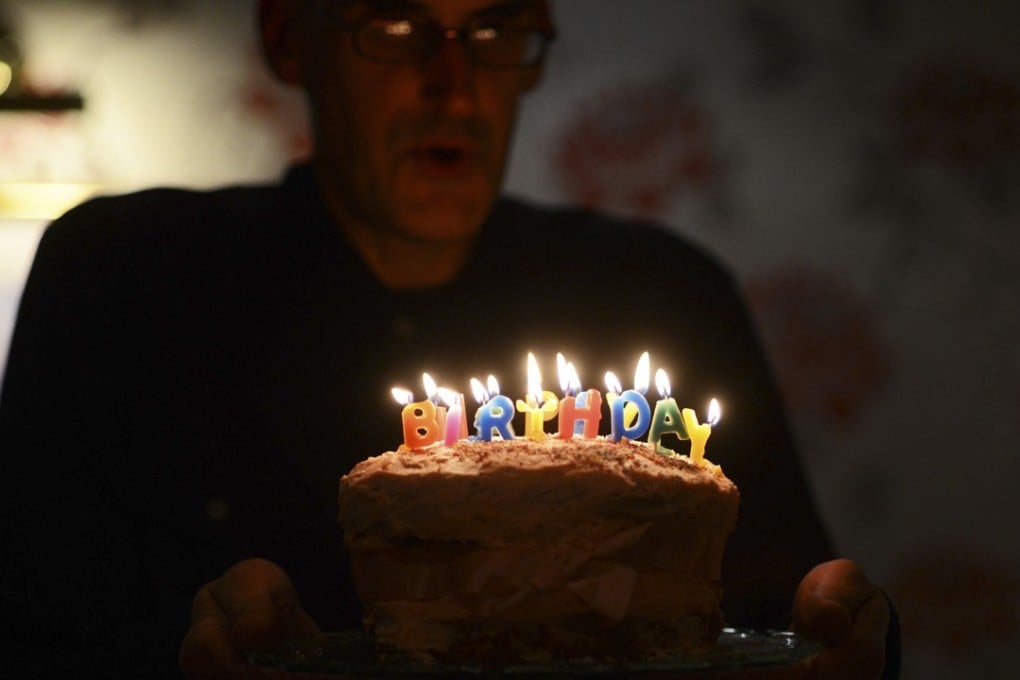Why your biological age may hold the key to reversing the ageing process
Our bodies may be ageing faster or slower than our birthdays suggest. Can your ‘real age’ provide clues to how many years you have left?

Age is a peculiar concept. We tend to think of it as the number of birthdays we have celebrated – our chronological age. But this is just one indicator of the passage of time. We also have a biological age, a measure of how quickly the cells in our body are deteriorating compared with the general population. And these two figures don’t always match up.
Just take a look around: we all know people who look young for their age, or folks who seem prematurely wizened. Even in an individual, different parts of the body can age at different rates. By examining how chronological age lines up with biological age across the population, researchers are starting to pin down how these two measures should sync up – and what it means for how long we have left when they don’t.
In recent years, studies have shown that our biological age is often a more reliable indicator of future health than our actual age. This could help us identify or even prevent disease by tracking the pace at which we are getting older. It may even allow us to slow – or reverse – the ageing process.
I became interested in my biological age after discovering in my 20s that my ovaries were ageing prematurely. Yet now, at 33, I am still often asked for identification when buying alcohol, suggesting my face is holding up pretty well. It made me wonder about other aspects of my biological age, and whether knowing more might help me to live a longer, healthier life. So, I set out to answer the question: how old am I really?
Ageing is the progressive loss of function accompanied by decreasing fertility and increasing mortality, according to Thomas Kirkwood from the Institute for Ageing at the University of Newcastle, in Britain. Surprisingly, it’s not universal across species. The Turritopsis dohrnii, or “immortal jellyfish”, for instance, can revert to a larval state and turn back into an adult indefinitely. We don’t have that luxury. According to Britain’s Office for National Statistics, I can expect to live to 83.
The most widely cited theory of ageing is that telomeres, genetic caps on the ends of chromosomes, grow shorter each time a cell divides – like a wick burning down on a candle. Once these are used up, the cell withers and dies. But a new idea gaining ground suggests ageing is instead a by-product of how energy intensive it is for our bodies to continuously repair faults that occur in our DNA as cells divide. “It doesn’t make evolutionary sense to maintain that process forever,” says Kirkwood. Indeed, several animal studies have shown that genes that affect lifespan do so by altering cells’ repair mechanisms. Little by little, faults build up in cells and tissues and cause us to deteriorate.